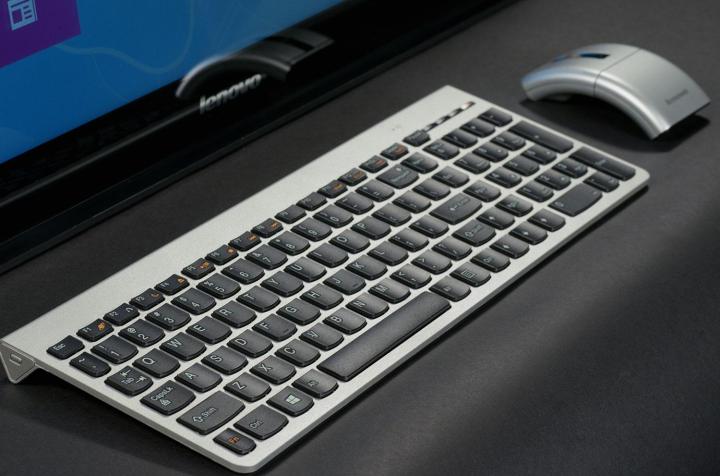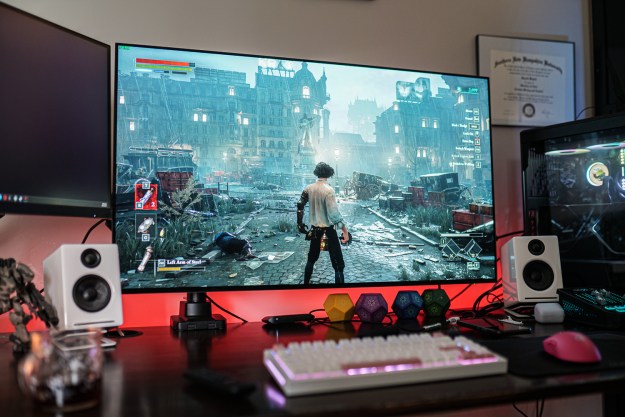
This research comes from Gartner, which claimed there was a 9.5 percent drop in worldwide sales, and the International Data Corporation (IDC), which has it penned as slightly worse at 11.8 percent. While there were some discrepancies between the two company’s stats when it came to individual businesses, they both agreed that over the past 12 months the market for PC buying shrank significantly.
What gives, you ask?
While this might seem worrisome, IDC remains unperturbed and insists it’s in line with expectations. The firm suggests that the decline is almost entirely attributable to the ending of Windows XP support last year, which prompted many individuals and organizations to update their systems to bring them in line with more modern hardware requirements.
Gartner, however, believes it is more to do with a stronger dollar compared to local currencies in some territories. This would hinder the ability of some individuals to import systems built within the United States. It also acknowledged that XP support coming to a close had a significant negative effect on the market as well.
Even though neither of these two analysis firms seem to be worried about the decline, those actually selling the hardware may be. While Lenovo maintained its position as the top PC seller in the world — with a 19.7 market share — it saw overall shipments drop by almost a million units for Q2 year-on-year.
The same could be said of other industry heavy hitters like HP, Dell, and ASUS, all of which experienced drops in overall sales of between five and ten percent.
Editors' Recommendations
- The ReSpec newsletter is here: your weekly breakdown of the tech behind PC gaming
- Here’s why 2024 is going to be a slow year for the Mac
- PC ports need to be better in 2024 — here’s how
- OLED was the hero of PC gaming this year
- Steam Year in Review 2023 is live — here’s how to see your Steam Replay




